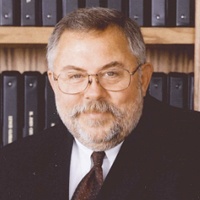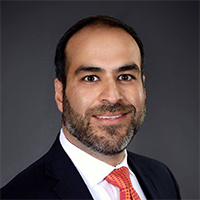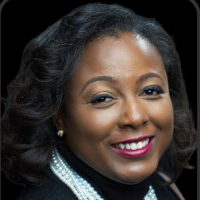Houston Estate Lawyer, Texas
Sponsored Law Firm
-
 x
x

Click For More Info:
-
Levin & Atwood, LLP
20501 Katy Fwy Ste 217 Katy, TX 77450» view mapEstate Law Knowledge And Experience You Can Trust
Levin & Atwood provides the full spectrum of legal counsel to family owned and other private companies.
281-579-6044
Kenneth Allan Krohn
✓ VERIFIEDMy practice focuses on estate planning and litigating complex trust, estate and guardianship disputes. With over 20 years of civil trial and appellate... (more)
Kay J. Hamilton
✓ VERIFIEDKietha "Kay" J. Hamilton is a practicing lawyer in the state of Texas. Attorney Hamilton received her J.D. from the University of Houston Law Center i... (more)
Theodore Skarbowski
✓ VERIFIEDI am a 28-year experienced attorney who has handled numerous personal injury, medical malpractice, probate, and complex commercial litigation cases ov... (more)
Colleen McClure
✓ VERIFIEDI am a Christian Attorney diligently working to take care of my client's cases that have been entrusted to me. At my office the client always comes ... (more)
Charlie Henke
✓ VERIFIEDCharlie Henke is the founding partner of Henke Law Firm, LLP, the predecessor to Henke, Williams & Boll, LLP. The firm was founded in 1992. His practi... (more)
Tanika J. Solomon
✓ VERIFIEDAttorney Solomon is dedicated to helping families overcome the difficulties that arise from criminal charges, personal injury, and preparing for the d... (more)
John O. Yow
✓ VERIFIEDJohn O. Yow, PLLC has a thorough understanding of Texas law. I work hard to help you get the best possible results. Our first priority is providing... (more)
Ross Booth Reifel
✓ VERIFIEDAttorney Reifel is a practicing lawyer in the state of Texas.
Marc J. Magids
✓ VERIFIEDMarc J. Magids is Of Counsel with De Lange Hudspeth. For more than 30 years Marc was associated with Zukowski, Bresenhan & Piazza LLP. Marc is a proud... (more)
Tyesha Elam
✓ VERIFIEDTyesha Elam is a practicing lawyer in the state of Texas handling family law matters.
 https://www.lawyer.com/imgup/m/42b10d2e0736048a6dc376884ea4bbc3.jpg Katy, TX
https://www.lawyer.com/imgup/m/42b10d2e0736048a6dc376884ea4bbc3.jpg Katy, TX AboutLevin & Atwood, LLP
AboutLevin & Atwood, LLP Practice AreasExpertise
Practice AreasExpertise










